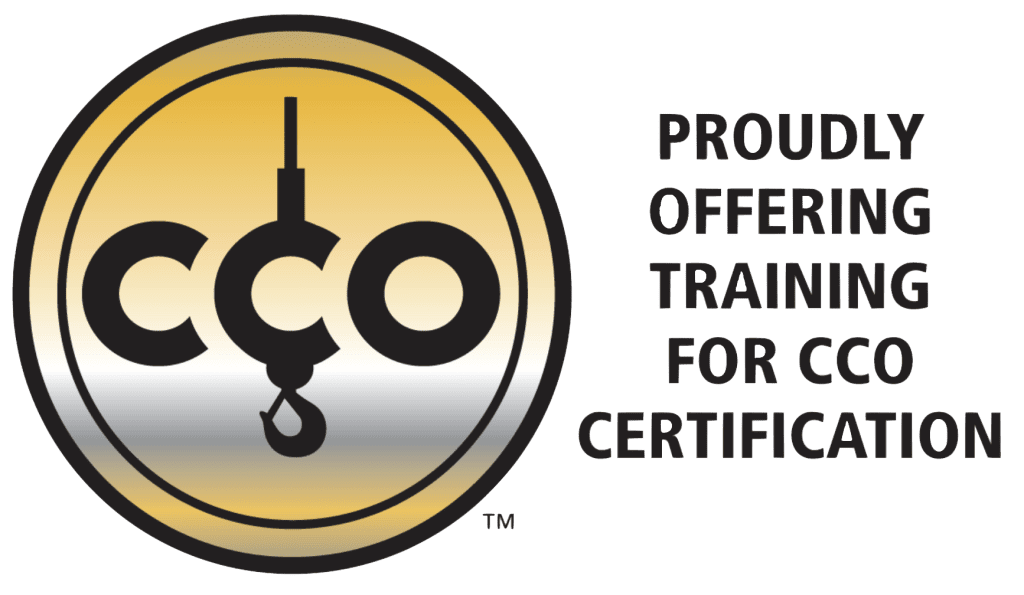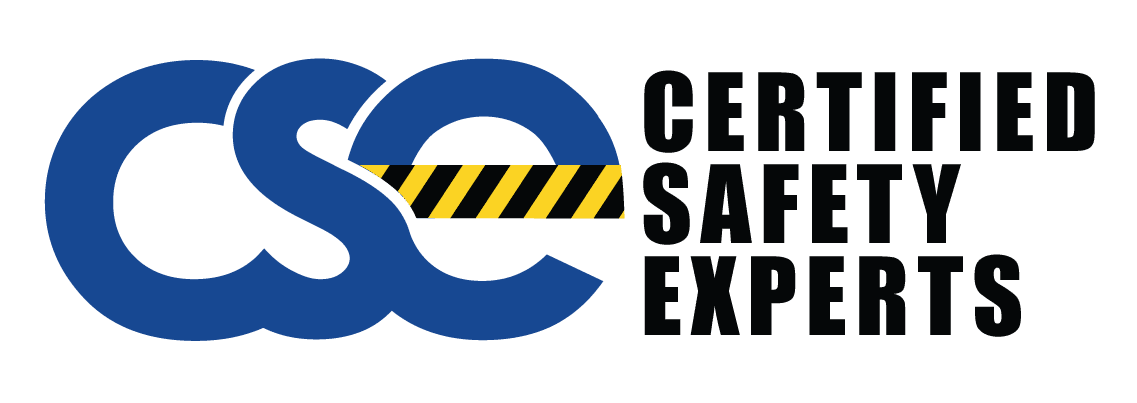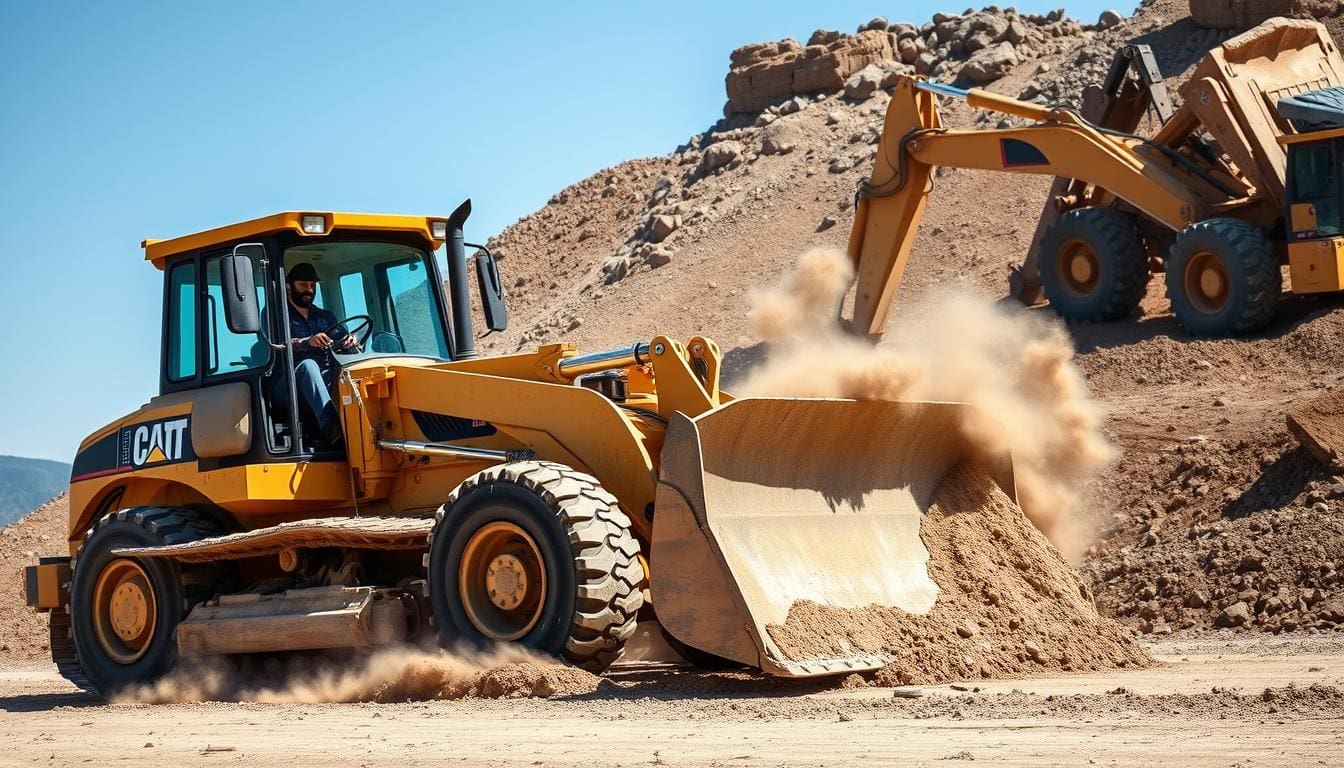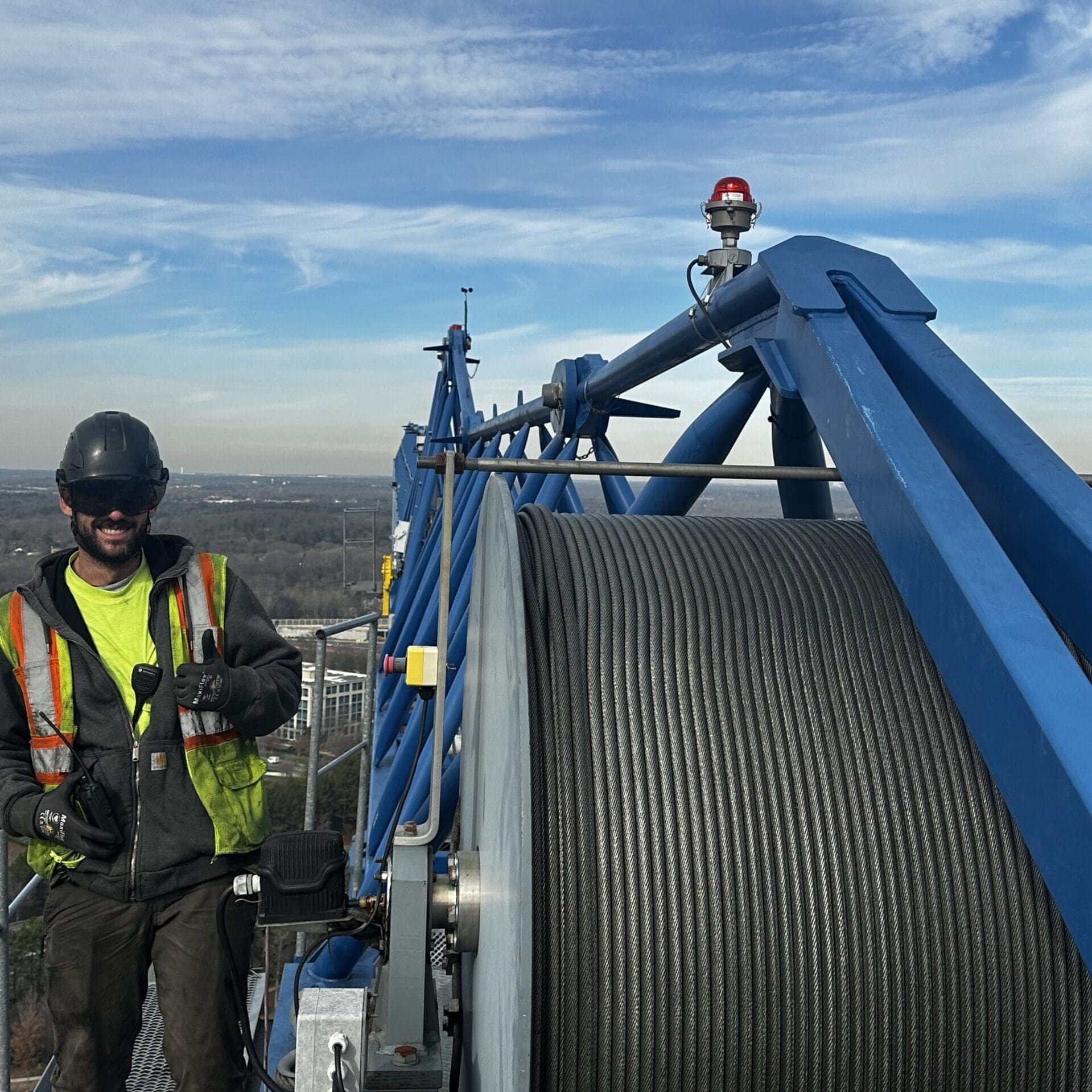Starting a career as a heavy equipment operator is both exciting and rewarding. It needs thorough training and certification. The cost of this training varies a lot. It depends on the program, location, how long it lasts, and the equipment you want to operate.
Knowing the cost range is key for those looking to become operators this helps them plan their career path well.
The construction world needs skilled heavy equipment operators. They are crucial for many projects they work with machines like excavators, loaders, cranes, and forklifts.
Good training is important. It keeps everyone safe and makes work more efficient.
The REAL Heavy Equipment Operator Career Paths
Operating with under-trained or untrained heavy equipment operators is dangerous. It risks your company’s reputation and finances.
Unqualified operators are a safety hazard, risking accidents that could injure themselves, other workers, or innocent bystanders. Ignorance or carelessness can lead to significant damage to property, equipment, and materials. Additionally, OSHA non-compliance presents financial and reputational risks. The REAL cost of inadequate training can lead to millions in lawsuits, fines, and prolonged legal issues that could even include imprisonment.
Invest in peace of mind with OSHA and ASME-compliant training from Certified Safety Experts.
Types of Equipment Operation Certifications
Getting the right certifications is key for heavy equipment operators.
- Forklift Operator Certification
- Crane Operator Certification
- Boom Crane Certification
- Mobile Crane Operator Certification
- Tower Crane Certification
- Aerial Lift Certification
These certifications show an operator’s skill and safety with specific equipment. They are highly valued in the construction world.
Career Growth and Salary Potential
Heavy equipment operators have good salary potential, with a median of over $50,000 a year in the U.S. As they gain experience and more certifications, their pay can go up. The need for equipment operator certifications is also high, offering many chances for career growth.
Heavy Equipment Operator Training Online
Although not common due to the hands-on nature of the job, online heavy equipment training resources are available.
It’s essential to choose a reputable source for online training. If online training is your only option, thoroughly review courses and programs to ensure they meet standards, such as accreditation with CCO (National Commission for the Certification of Crane Operators).
Many training models offer a hybrid approach, combining classroom instruction with hands-on training. Contact Certified Safety Experts to discuss virtual heavy equipment training options.
Average Operator Training Cost Breakdown
Thinking about becoming a heavy equipment operator? Understanding the cost of training is an important first step. Expenses vary depending on the type of courses, tuition, and additional costs. Let’s break down the typical costs of heavy equipment operator training.
Tuition for these programs typically ranges from $5,000 to $15,000 or more, depending on the program’s duration, location, and the equipment covered. These fees often include classroom instruction, hands-on training, and access to training facilities.
Students may also incur equipment usage fees during training, which can range from $50 to $200 per day depending on the equipment type and duration of use. These costs can add up quickly, particularly for programs with extensive hands-on practice.
- Tuition fees: $5,000 to $15,000+
- Equipment usage charges: $50 to $200 per day
- Additional expenses: Safety gear, testing fees, and transportation
Additional costs, such as safety gear, certification testing fees, and travel to the training site, may add several hundred to over a thousand dollars to the total expense. The exact amount depends on the program and individual circumstances.
The total cost of heavy equipment operator training can vary widely based on program specifics, location, and personal needs. Prospective students should explore different training options to find the best fit for their budget and career goals. Certified Safety Experts offers comprehensive training solutions designed to provide exceptional value while preparing operators for safe and effective work on heavy equipment.
Training Program Duration and Schedule Options
Aspiring heavy equipment operators have many training options. Each has its own duration and schedule. You can choose from full-time, part-time, or online programs.
Full-Time vs. Part-Time Programs
Full-time programs are fast and immersive they let you get certified in weeks or months. You’ll go from classroom to operating equipment quickly.
Part-time courses are for those with other commitments. They take longer, but you can learn at your own pace.
Online vs. In-Person Training Components
Online learning has changed heavy equipment training. Many programs mix online theory with in-person practice. This way, you can learn at home and still get hands-on experience.
Hands-on Practice Requirements
- Hands-on practice is key in heavy equipment training.
- You’ll learn to operate different machines like excavators and backhoes. You’ll do this under the watch of experienced instructors.
- The amount and intensity of hands-on training vary by program. But it’s crucial for learning to operate safely.
Certified Safety Experts understand your training options helps you choose the right path. Whether it’s a full-time course or a part-time program with online and in-person parts, there’s something for everyone.
The Benefits of In-Person Company Training for Heavy Equipment
When investing substantial time and money in training, it’s essential to maximize the value. Researching and selecting the best training options for your team is a crucial step.
Consider whether hiring an instructor may be more feasible than enrolling in a traditional heavy equipment training program. Certified Safety Experts, for instance, offers on-site heavy equipment training customized to meet your organization’s needs and ensures your crew complies with OSHA regulations.
Additional costs for operator certification can add up quickly. Besides the direct training expense, consider other potential costs such as:
- Third-party testing fees (CCO)
- Travel and accommodations
- Supplies and tools
- Books or training materials
- Lost wages for your crew
Certified Safety Experts’ customized onsite training can reduce overall costs, such as travel and accommodations. Our expert instructors come directly to your worksite, using your equipment to train your staff effectively.
Certification Requirements and Additional Expenses
To become a certified heavy equipment operator, you need more than just training. There are key certifications and extra costs to think about.
Required Safety Certifications
Getting an OSHA safety training is a must. It teaches the basics of safe heavy machinery operation. You’ll often need an OSHA 10-hour or 30-hour certification to work.
Training Materials and Equipment Fees
Students also have to buy special training materials like books and safety gear. Some courses charge for using heavy equipment in training.
Testing and Licensing Costs
Operators must pass exams to get their licenses. These fees vary but are key to show you’re skilled. You’ll also need to renew your licenses to keep your safety certifications.
Knowing all about certification requirements and additional expenses helps prepare for the career start.
How Long is Heavy Equipment Operator Training?
The duration of training can range from three to eight weeks, depending on the level and type of training needed. For a personalized estimate, contact Certified Safety Experts.
HEAVY EQUIPMENT TRAINING COMPANY COMPARISON
| Service | Most Major Competitors | Certified Safety Experts |
|---|---|---|
| Advanced Rigger | √ | √ |
| AWP | √ | |
| Basic Rigger | √ | √ |
| Bobcat | √ | |
| Boom Bucket Truck | √ | |
| Bulldozer | √ | |
| Forklift | √ | |
| Front End Loader | √ | |
| Material Handler | √ | |
| Mobile Crane Inspector | √ | |
| Mobile Crane Operator | √ | √ |
| Overhead Crane Operator | √ | |
| Signal Person | √ | √ |
| Crane Inspection | √ | √ |
| CCO Mobile Crane | √ | |
| CCO Signal Person | √ | |
| CCO Rigger 1 | √ |
Return on Investment for Heavy Equipment Training
Investing in heavy equipment operator training can bring big ROI (return on investment) in the long run. Certified operators get career benefits and more job opportunities. They also earn higher salaries than non-certified workers in construction.
Certified heavy equipment operators also have an edge in job opportunities. Many construction companies look for trained and certified people for their equipment roles. They trust these operators to keep projects on track and within budget.
Also, certified operators can earn 10-20% more than non-certified ones. This pay boost comes from the specialized skills and knowledge gained through training. Employers also value certified operators more.
Certified Safety Experts for Your Heavy Equipment Operator Training
Consider the pros and cons of taking your crew to a training program versus bringing an instructor to your site. Certified Safety Experts provides on-site instruction, saving time and money on travel costs while training your crew on your equipment.
The instructors at Certified Safety Experts bring a minimum of 38 years of experience operating heavy construction equipment, and each training program is customized to your needs. With unmatched skills and experience, Certified Safety Experts is the ideal choice for your heavy equipment training needs. Contact Certified Safety Experts today.
